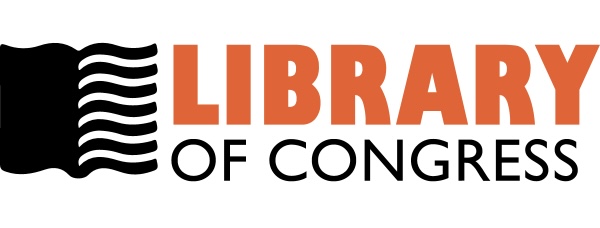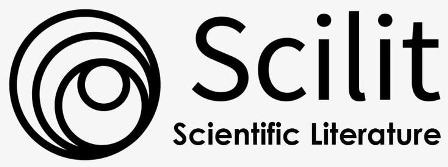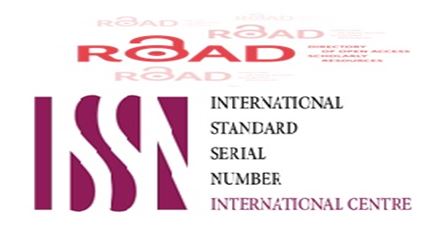Effect of maximal exercise on the electrophysiological evaluation of leg muscles in young healthy males
DOI:
https://doi.org/10.32007/jfacmedbagdad.5211069Keywords:
Electromyography, cycling exercise, muscle fatigue.Abstract
Background: Bicycling is a type of aerobic exercise that it is beneficial for the health of cardiovascular, pulmonary, and musculoskeletal systems .In this study, utilization of some of electrophysiological tests is to assess changes , from the functional point of view, in the peripheral nerves & their muscles that occur in relation to maximal exercise.
patients & methods: 100 young healthy males , age (18-35) years old, were collected during the period from 1st of April to 1st of October 2008 at the department of neurophysiology in the Ibn Sinna teaching hospital , Mosul city. They underwent electroneurographic assessment of common peroneal & tibial nerves, in addition to electromyographic assessment of Tibialis Anterior & Gastrocnemius muscles before & after exercise challenge test on bicycle ergometer.
Results: In this study, there is a higher value regarding compound motor action potential amplitudes & motor conduction velocity of both nerves, with increase in the values of motor unit potential amplitudes & interference pattern of both muscles post exercise in comparison to the pre exercise. In addition, there is positive correlation between MUP amplitude of Gastrocnemius muscle & tibial nerve.
Conclusion : the results indicates that within this age group the exercise challenge test leads to increase in the force produced with no signs of muscular fatigue electrophysiologically .
Downloads
Downloads
Published
Issue
Section
License
Permit others to copy and distribute the manuscript; to extract, revise, and create another derivative
works of or from the manuscript (e.g., a translation); to incorporate the manuscript into a
collective work; and to text or data mine the article, even for commercial purposes, provided that
the author(s) is/are credited; the article's modifications should not harm the author's honor or
reputation; and the article should not be altered in a way that would cause the author to lose them
reputation. The Creative Commons Attribution 4.0 International License (CC BY 4.0) has more
information.




















 Creative Commons Attribution 4.0 International license..
Creative Commons Attribution 4.0 International license..


